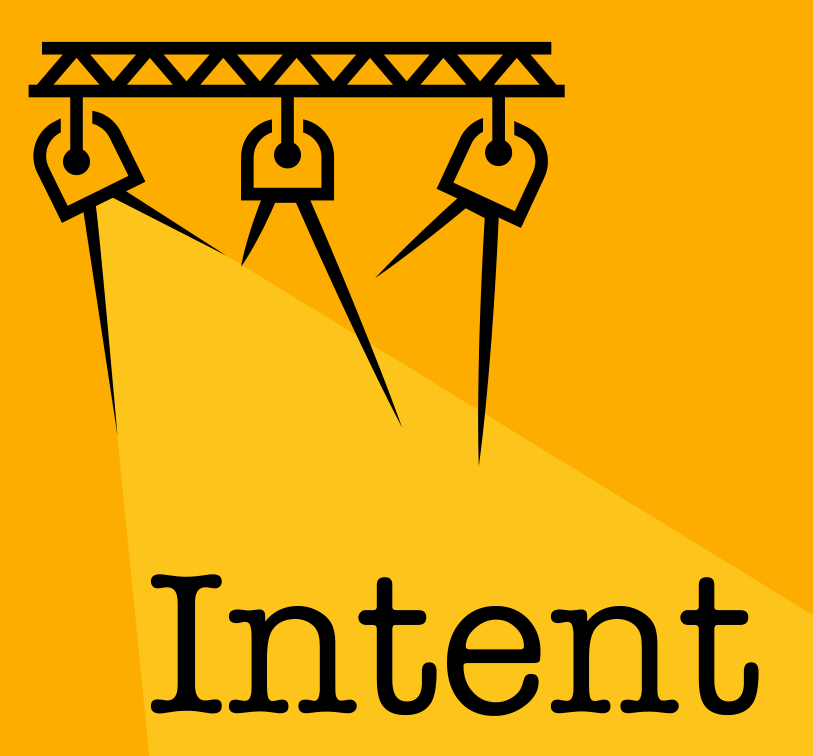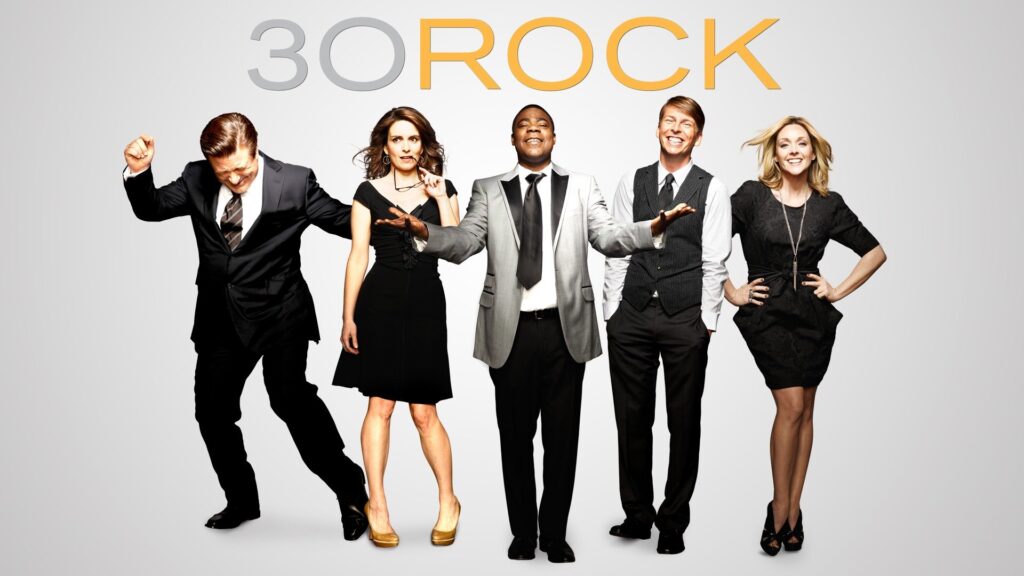There is a general rule that TV shows about TV don’t work. They get made because both the writers and the commissioners are familiar with the topic, but whether they are excellent (Lisa Kudrow’s The Comeback) or… not (Aaron Sorkin’s Studio 60 on the Sunset Strip), the received wisdom is that they tend to be resented by the mainstream audience as a private joke.
In fact, that’s only true if they ARE a private joke, documenting the foibles of the industry in a way that’s only understandable to the industry. It isn’t true if the TV setting is only just that – a setting – for a reflection on something else, in the same way that The Sopranos is more about Tony’s midlife crisis than it is about the mob.
Two examples have shown how true this is. One is Episodes, which is mostly about an external view on the American way of life, and is strongest when it focuses on just that.
The other one is 30 Rock, the best management course Harvard Business School has never written.
30 Rock may be set on a TV set, but it really is about the struggle of the modern manager, one summarised very aptly by Alain de Botton on Twitter:

Something, by the way, Jack Donaghy puts in much straighter terms in the show, as is his wont:
Oh sure, then we can sit around and braid each other’s hair until we get our periods at the same time. Lemon, you’re a supervisor. These people are not your friends.
From Jack’s announcement in the pilot that he’d been promoted to running NBC after his success selling trivection ovens (a strategy that ultimately proved the right one for the show, as it does, often, in real life), to Liz having to tell Cerie to wear a bra, to Jack joining (and disrupting) the team meeting for his “Six Sigma” program (which actually exists at GE, as do trivection ovens), from Kenneth’s irking enthusiasm to Lutz’s lack of energy, all of it is a masterclass in the challenges of working for a large organisation.
It is powerful because it’s not, like The Office, a straight up “isn’t the boss silly” parody. Everyone in the show, from Jack to Cerie, mostly wants to do the right thing. They all like their job, and are generally good at it. They just have to deal both with the challenges of working in teams, and with the absurdities of corporate life and learn to manage them in the best way they know how, so they can get the job done.
Also, they spend most of their time waiting for the elevators.
And that’s pretty much like real life.

